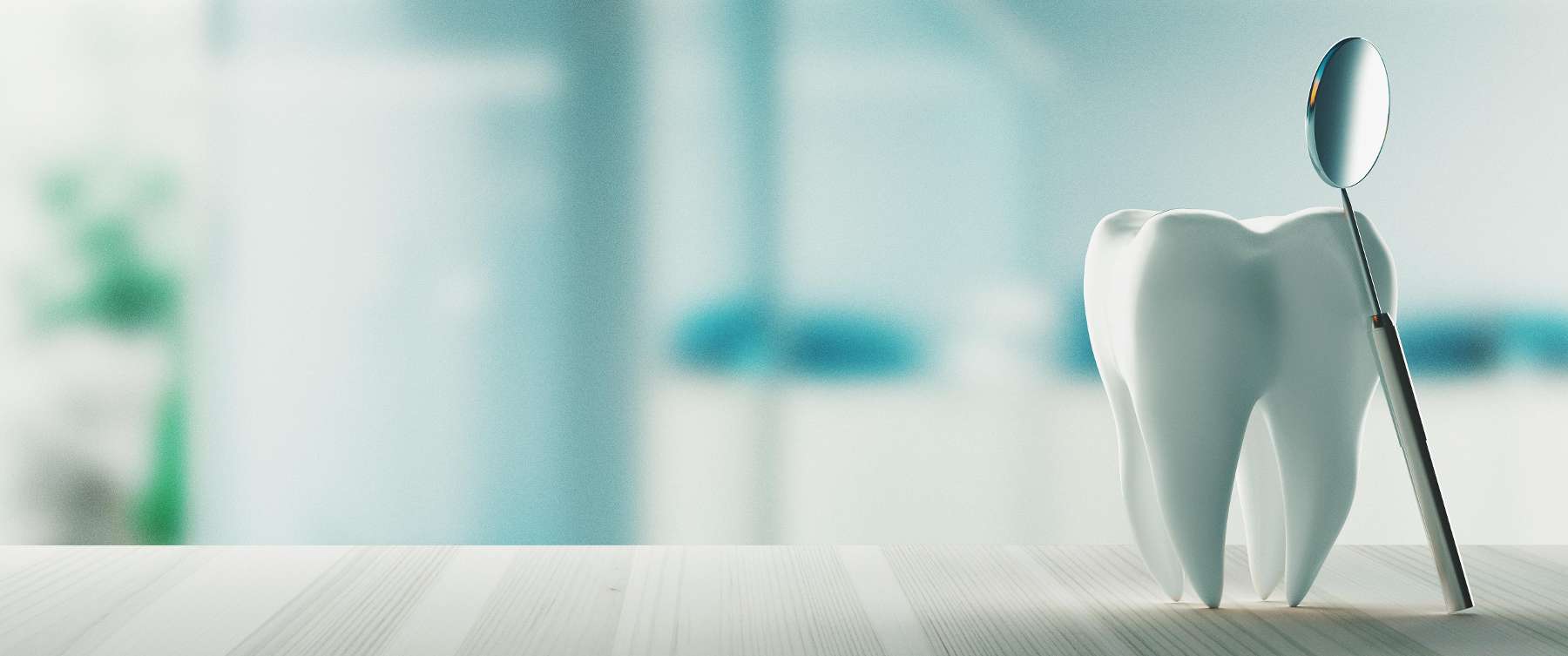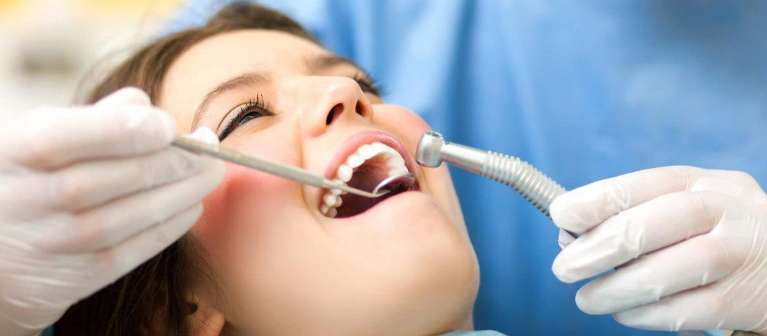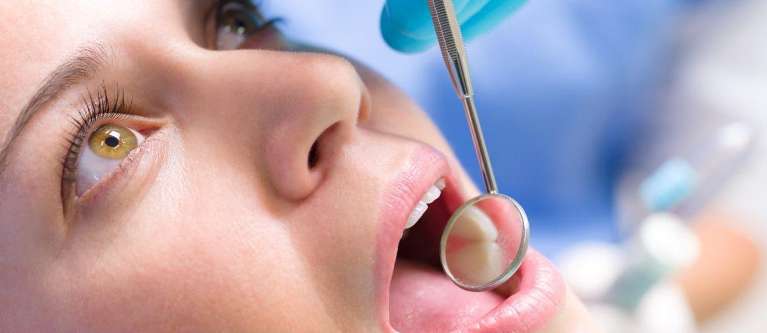
Removable partial or full dentures require proper care to keep them clean, free from stains and bacteria and looking their best. For good denture care:
- Remove and rinse dentures after eating. Run water over your dentures to remove food debris and other loose particles. You may want to place a towel on the counter or in the sink or put some water in the sink so the dentures won’t break if you accidentally drop.
- Handle your dentures carefully. Be sure you don’t bend or damage the plastic or the clasps when cleaning.
- Clean your mouth after removing your dentures. Use a soft-bristled toothbrush on natural teeth and gauze or a soft toothbrush to clean your tongue, cheeks and roof of your mouth (palate).
- Brush your dentures at least daily with a soft toothbrush and normal soap. Gently clean your dentures daily by soaking and brushing with a nonabrasive denture cleanser to remove food, plaque and other deposits. Do not use tooth paste, it is too abrasive and will cause the dentures to accumulate stains. If you use denture adhesive, clean the grooves that fit against your gums to remove any remaining adhesive. Do not use denture cleansers inside your mouth.
- There are two thoughts about night time wear. One, remove your dentures and soak them overnight. Most types of dentures need to remain moist to keep their shape. Place the dentures in water or a mild denture-soaking solution overnight. Check with your dentist about properly storing your dentures overnight. Follow the manufacturer’s instructions on cleaning and soaking solutions. Two, new research is saying it is OK to leave your dentures in overnight, after thoroughly cleaning them.. So you can choose. Put them in Denture soak –a disinfectant or clean them well and then place them back in your mouth.
- Rinse dentures before putting them back in your mouth, especially if using a denture-soaking solution.
- Schedule regular dental checkups. If you have natural teeth then you should attend your dentist at least every 6 months for a professional clean and thorough dental exam. If you have no teeth then you should see the dentist annually to check the fit of your dentures and for oral cancer. Your dentist can help ensure a proper fit to prevent slippage and discomfort. Your dentist can also check the inside of your mouth to make sure it’s healthy, and make sure no cancer is forming.
- See your dentist if you have a loose fit. See your dentist promptly if your dentures become loose. Loose dentures can cause irritation, sores and infection.
Here are a few things you typically should avoid:
- Abrasive cleaning materials. Avoid stiff-bristled brushes, strong cleansers and harsh toothpaste, as these are too abrasive and can damage your dentures.
- Whitening toothpastes. Toothpastes advertised as whitening pastes are especially abrasive and generally should be avoided on dentures.
- Bleach-containing products. Do not use any bleaching products because these can weaken dentures and change their color. Don’t soak dentures with metal attachments in solutions that contain chlorine because it can tarnish and corrode the metal.
- Hot water. Avoid hot or boiling water that could warp your dentures.
Following the above instructions will usually ensure that your dentures last for many years. A plastic partial denture can last maybe 5. A metal based partial denture can last up to 15 years. A full set of dentures should be replaced or relined at least every 5 years.
Enjoy your new smile and if you have any questions or problems please give us a call at Lifetime Dental Health Group on 03-9529 2920.
Answers from Dr Chris Darby at Lifetime Dental Health Group.





